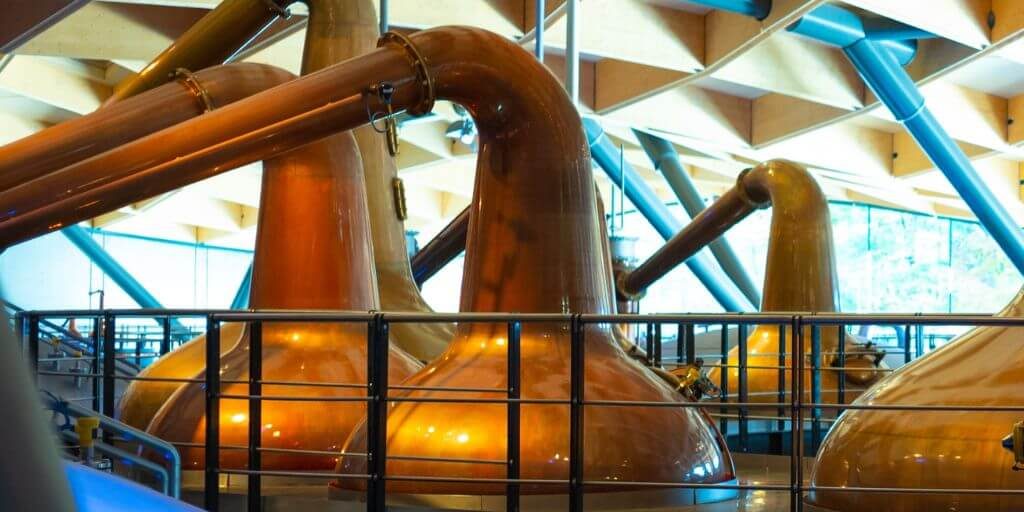
Getting a Liquor License
Getting a liquor license to start blending and distilling your own spirits is not difficult, but it does require you to meet state and federal requirements. The process includes filing paperwork with the appropriate state and federal agencies. Once you are approved to create distilled liquor, you will have to follow local and state regulations, such as those regarding taxes and environmental regulations. You will also have to comply with reporting requirements and the Alcohol and Tobacco Tax and Trade Bureau. Failure to comply with these regulations could result in fines and/or a year in jail.
Creating a Business Plan
A business plan for a distillery should outline annual and monthly sales projections.
When creating this document, keep the cost of goods sold and projected profit
margins in mind. Start by listing the products you’ll produce and estimating their
sales volumes. Next, determine the costs of each product and subtract that cost
from the total sales amount. Once you’ve created a realistic budget, you can begin
to create your distillery’s business plan.
When creating a business plan for a distillery, it’s important to consider several
different aspects, including the location and water source. The location is critical for
your distillery’s success. It’s also important to estimate costs associated with
marketing, production, and other aspects of the business. Ultimately, the plan will
help investors determine whether the distillery’s operations are financially viable.
After the financials are calculated, the plan must detail all costs involved in the
distillery, including those incurred during the start-up stage.
Getting VC Funding
There are a few steps to start getting VC funding for a distillery. You need to be willing to put up a stake in the company, which is a big deal. You will need to do your due diligence to find the right investor. You need to sell your company’s concept and explain why a venture capitalist should invest in your business. You can do this by networking with potential investors.
If you want to start a distillery without a VC, you may need to seek operating capital from friends and family and obtain a bank loan for equipment. It is possible to get operating capital from family and friends, but it will require a lot of effort. Getting VC funding for a distillery can be a daunting task, but it is possible. If you’re able to secure angel and small investor funding for your distillery, you’ll be well on your way to achieving success.
Choose a Location
When choosing a location for your distillery, keep several important factors in mind. First, be sure to check local zoning regulations. Usually, distilleries are classified as industrial, so you should check whether the zoning will allow you to operate in that area. However, if you plan to open your distillery in a bustling downtown, you should get local government excited. Then, you need to determine the size of the distillery’s equipment.
Secondly, consider your finances. You will need sufficient funds to purchase necessary equipment, utilities, office space, storage space, and a kitchen. Additionally, make sure to have enough space left over to maintain the distillery and its operations comfortably. Make sure to choose a location that offers ample parking and easy access to major highways. Remember that the first distillery will be small and you’ll probably have to expand later.


